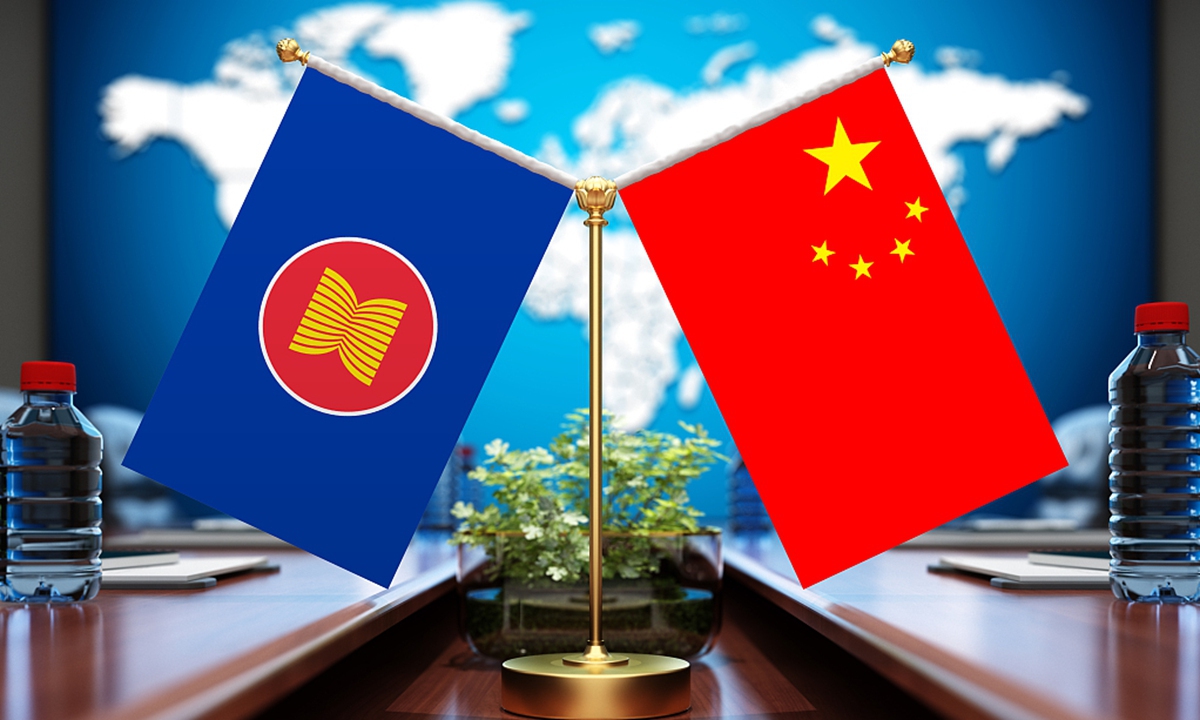In a diplomatic odyssey that echoed the essence of collaborative engagement, Chinese Foreign Minister Wang Yi, a distinguished member of the Political Bureau of the Communist Party of China (CPC) Central Committee, embarked on a dynamic journey across Singapore, Malaysia, and Cambodia from August 10 to 13. This three-nation sojourn underscored the gravity of peace and consultative diplomacy within the ASEAN region, while illuminating new avenues for bilateral collaboration with these vital neighbors.
Upholding Peace and Consultative Diplomacy with ASEAN: Wang Yi’s Three-Nation Tour
Wang Yi’s strategic tour showcased China’s unequivocal endorsement of peace and consultative diplomacy within the ASEAN framework. Expressing unwavering support for a Code of Conduct in the South China Sea (COC), he emphasized its indispensability in ensuring regional tranquility. The reverberation of Wang’s words resonated during his visits to Malaysia and Singapore, underscoring the collective resolve to resolve maritime disparities through diplomatic dialogues. Pertinently, the recent maritime intrusions by Philippine vessels near Ren’ai Jiao lent credence to the need for a unified front in safeguarding maritime stability, countering external instigations, particularly from the United States, and fostering a harmonious regional atmosphere.
Bilateral Cooperation Flourishes: Deepening Ties with Singapore and Malaysia
Substantial talks with Singaporean Prime Minister Lee Hsien Loong set the stage for deeper economic collaboration. The two nations reinforced their commitment to expanding trade and cooperation, with Singapore’s endorsement of China’s entry into the Digital Economy Partnership Agreement (DEPA) and an eagerness to emulate Beijing’s modernization endeavors. Through transformative government-to-government projects in Suzhou, Tianjin, and Chongqing, both countries are poised to inject fresh dynamism into their relations, symbolized by the impending 15th anniversary of the Sino-Singapore Tianjin Eco-City.
The already remarkable China-Singapore partnership reached a watershed during Lee’s recent visit to Beijing, metamorphosing into a forward-looking, multifaceted alliance. This alliance presents a counterpoint to external efforts to impose unilateral dominance, protectionist measures, and anti-competitive tactics. “China’s growth embodies peaceful forces and stabilizing elements, ensuring enduring benefits and development prospects for global nations, especially neighboring ones,” Wang Yi affirmed during the exchange with Lee, reinforcing the alliance’s strategic foundation.
Cambodia’s Diplomatic Milestone: Strengthening Relations and Regional Stability
Wang Yi’s visit to Cambodia, timed closely with the 65th anniversary of China-Cambodia diplomatic ties, marked a pivotal moment in their relationship. The shared vision of progress under the Belt and Road Initiative (BRI) gained momentum through Cambodia’s active involvement, fostering mutually beneficial projects spanning infrastructure, energy, and agriculture. A pivotal meeting with Cambodian Deputy Prime Minister and Foreign Minister-designate Sok Chenda Sophea underscored Wang’s respect for Cambodia’s rapid development strategy and recent investment successes.
The diplomatic resonance forged during this visit augments opportunities for market expansion. Early synergies between China and Cambodia have laid the groundwork for the China-Cambodia Free Trade Agreement (FTA), heralding an era of enhanced economic collaboration. As Cambodia’s most significant trading partner, Beijing’s commitment to bolstering relations through dialogue mechanisms cements their comprehensive strategic partnership.
Chinese Foreign Minister Wang Yi’s Southeast Asia tour reverberates as a poignant milestone, underscoring the significance of the ASEAN partnership while opening doors to new growth avenues. The resolute dedication of China and ASEAN to preserving peace, stability, and development in their vicinity remains a cardinal imperative, underlining the abiding nature of their diplomatic ties.















